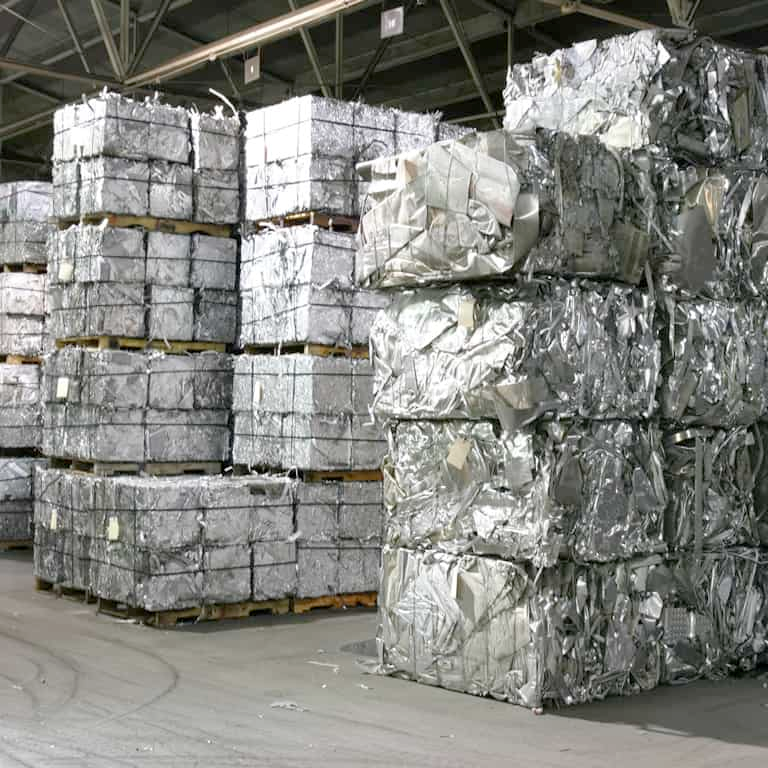
Pure Zinc Scrap
Product Name: Pure Zinc Scrap
Zinc Content: Typically 95% - 99% pure zinc
Appearance: Shiny metallic material, often in the form of scrap pieces, chunks, or other used zinc products
Size: Varies based on the source and processing, typically in chunks, plates, or smaller fragments
Origin: Germany (following high environmental and recycling standards)
Weight: Typically sold in bulk, but weight varies by order
Packaging: Bulk packaging, often in containers or pallets for easy transport and handling
Purity: High purity, around 95%-99% (depending on the grade of the scrap)
Storage: Should be stored in a dry and cool environment to avoid corrosion and contamination
Density: Approximately 7.14 g/cm³
Melting Point: 419.5°C (787.1°F)
Environmental Compliance: Processed according to Germany’s stringent environmental and recycling regulations
Recyclability: Fully recyclable and can be reused in various industries without significant loss of quality
Description
Pure Zinc Scrap consists of used or discarded zinc materials that are recycled for their high zinc content. This scrap is primarily sourced from various industrial processes and is used to reclaim zinc for further use in manufacturing and production. The scrap is composed of pure zinc, ensuring a high level of purity that can be processed to create new zinc products. Originating from Germany, which follows strict recycling standards, this pure zinc scrap is processed under environmentally-friendly practices to ensure minimal contamination and maximum recovery of valuable zinc.
Application:
Pure Zinc Scrap has a variety of applications, primarily in industries where zinc is used for galvanizing, alloys, and as a raw material in other production processes:
- Galvanizing: Zinc is mainly used to galvanize steel and iron, providing them with corrosion resistance. Pure zinc scrap is recycled into zinc ingots for this process.
- Zinc Alloys: Zinc is a key component in producing alloys like brass, bronze, and die-cast alloys, which are used in automotive, electronics, and industrial machinery.
- Batteries: Zinc is used in the production of alkaline batteries and other types of dry-cell batteries.
- Construction Industry: Zinc is used in roofing materials, gutters, and other construction elements due to its resistance to corrosion.
- Chemical Manufacturing: Zinc compounds are used in fertilizers, paints, and rubber production, making this scrap valuable in the chemical industry.
- Coatings and Plating: Zinc is used as a coating material in various industries, protecting products from corrosion and wear.
